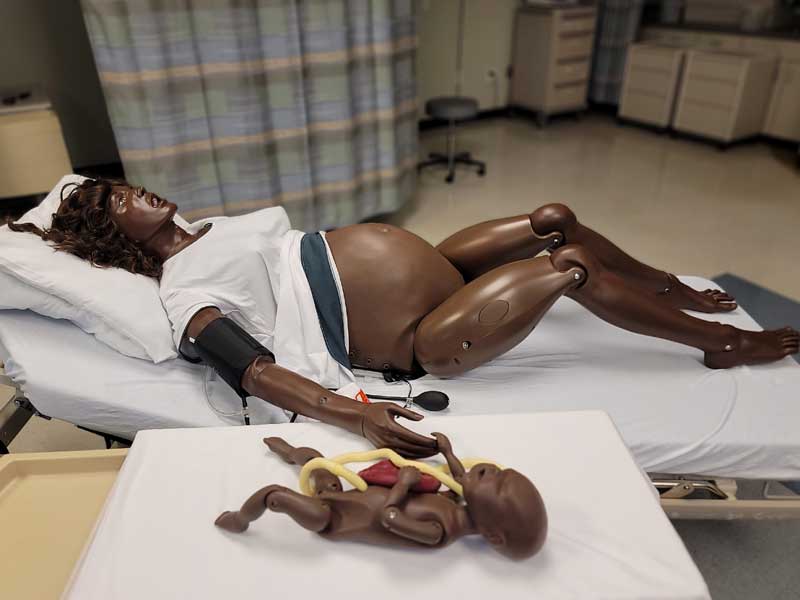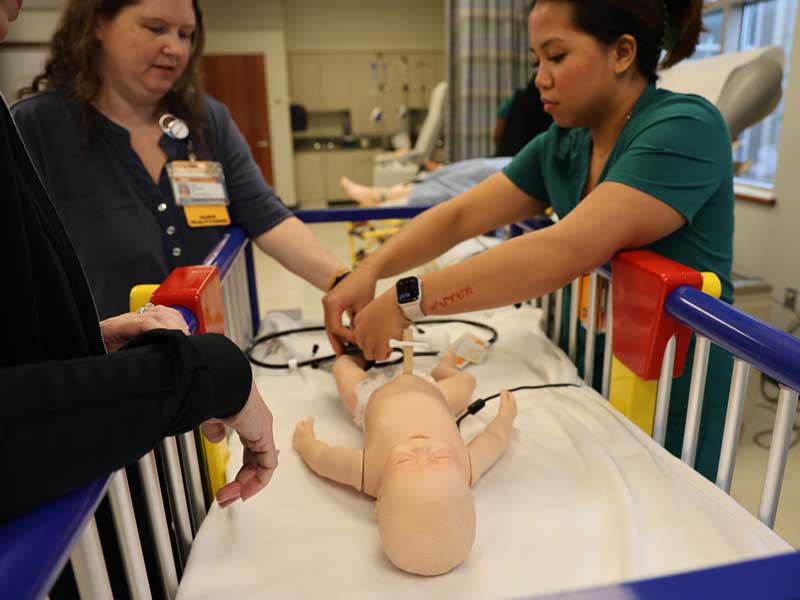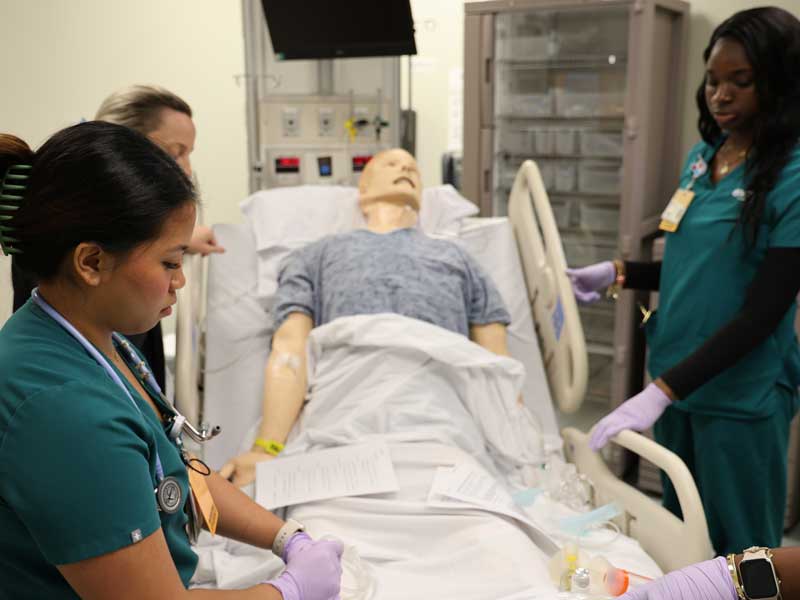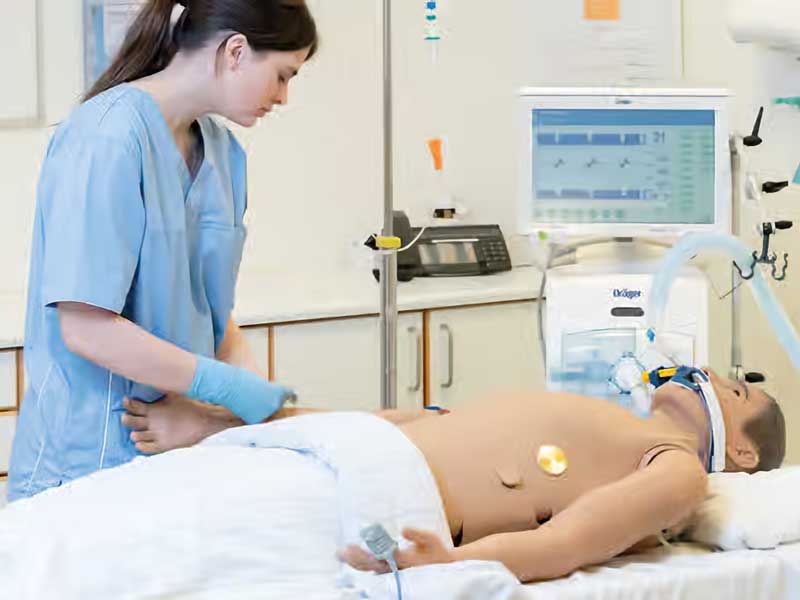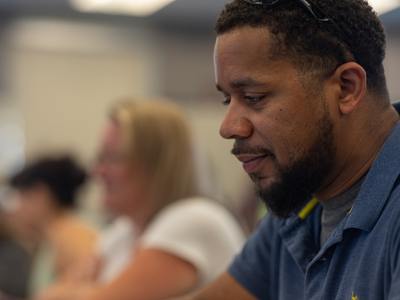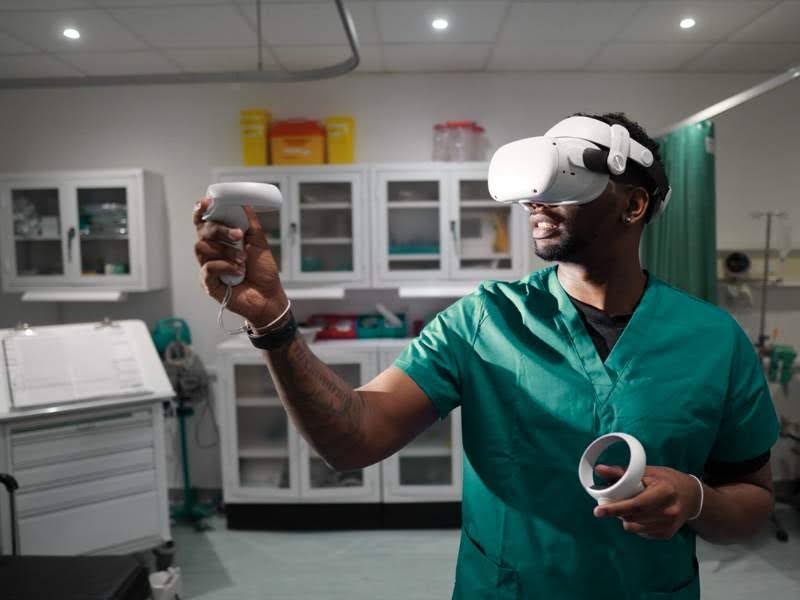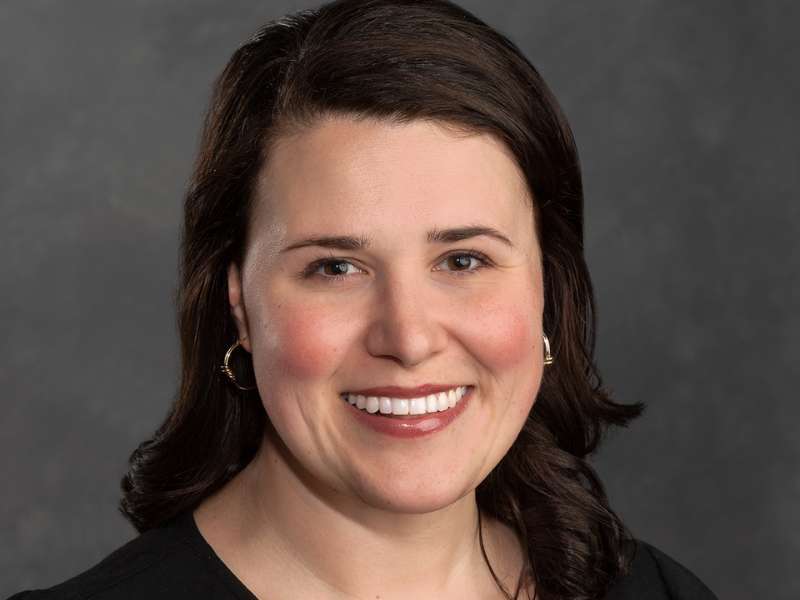Clinical Learning Center
Hands-on learning in simulated health care settings
The Clinical Learning Center (CLC) is where nursing students turn classroom knowledge into clinical confidence.
Why Simulation Matters
Designed for active learning, the CLC combines classroom instruction with immersive simulation experiences. With 9,000+ square feet of flexible, purpose-built space, it’s where nursing students learn to think and act like professionals. Simulation allows nursing students to apply knowledge, practice critical decision-making and develop clinical judgment in a supportive, low-stress environment.
Spaces and Tools for Learning
Explore the hands-on spaces and tools that support nursing skill development.
Skills Labs
In Skills Labs, students practice core clinical skills like taking vital signs, placing IVs and administering medication. Using task trainers and with step-by-step guidance, students build confidence by learning and repeating hands-on procedures in a low-pressure environment.
Simulation Suites
Simulation suites are realistic clinical spaces where students take part in scenarios that reflect real patient care. Working with high-tech mannequins and alongside classmates, students practice decision-making, communication and teamwork in a controlled setting.
Technology and Trainers
Throughout the program, students use a range of learning tools—from lifelike mannequins to digital platforms—that help them prepare for clinical work. Faculty and Clinical Learning Center staff are there to guide students as they learn how to deliver safe, effective care.
From Simulation to Clinical Rotations
Simulation isn’t just technical practice. It’s preparation for the real thing. Our students enter clinical placements ready to:
- Communicate effectively with patients
- Deliver safe, accurate care
- Navigate complex care situations with confidence
These hands-on experiences ensure graduates are practice-ready professionals from day one.
Student and Faculty Resources
Find essential resources to support your clinical learning journey.
Interested in enrolling in the Canvas course as a faculty member? Contact CLC Director Meredith Deegan at deeganmw@vcu.edu.
Contacts
Get in touch or schedule a visit to experience the CLC firsthand.
Meredith Deegan, D.N.P., RN, CHSE, CNL
Director
deeganmw@vcu.edu
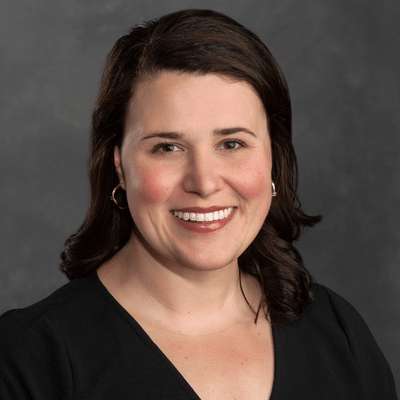

Lauren Goeke, M.S.N., RN, CHSE
Simulation Educator
goekel@vcu.edu
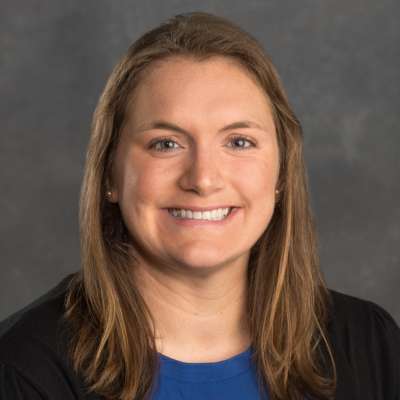

Josh Blubaugh
Assistant Director of Operations
blubaughja2@vcu.edu
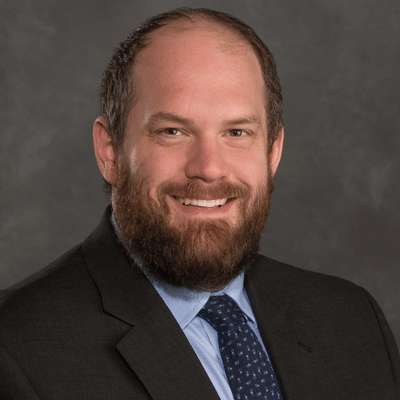

Kristina Sandberg
Simulation Center Coordinator
sandbergk2@vcu.edu
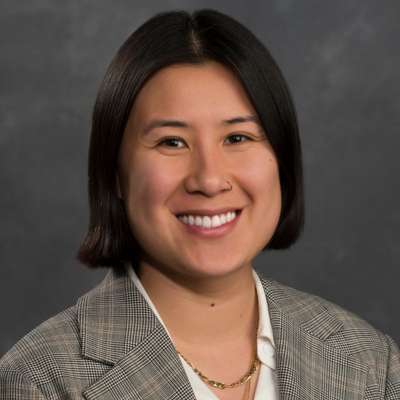

Faculty Innovation in Simulation
The CLC is also a hub for teaching innovation. Faculty researchers continuously explore new ways to improve clinical education, curriculum design and student experience.
By the Numbers
1,669
student hours in the CLC in spring '25
14
high fidelity mannequins
24
immersive virtual reality headsets
9,000
sq. feet of convertible space
Our Mission
Our mission is to create a safe, supportive and dynamic learning environment where nursing students can cultivate clinical judgement and competency.
Our Vision
Our graduates will be prepared to transform health care, integrate theoretical knowledge with direct application and propose innovative solutions to enhance patient safety, advance health equity and leverage emerging technologies with competence, compassion and confidence.
